EU sounds alarm as Trump threatens to abandon Ukraine peace efforts
- Update Time : Wednesday, April 30, 2025
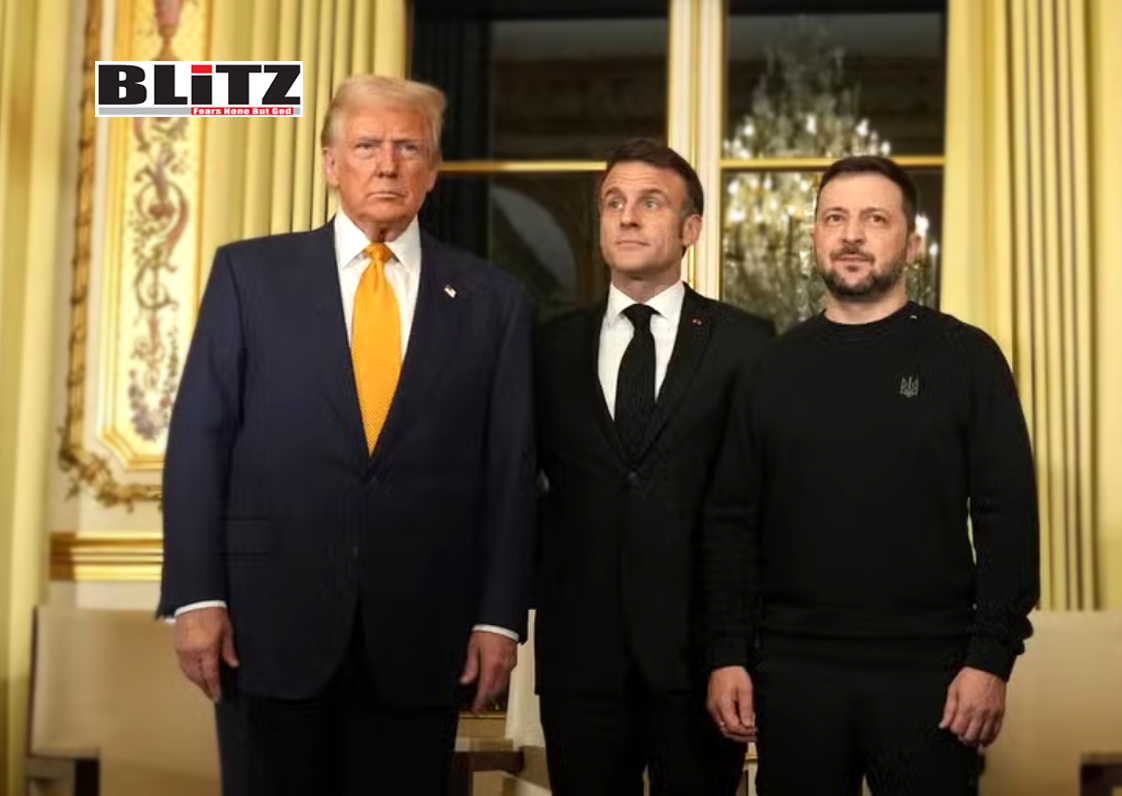
Tensions are mounting across European capitals as fears grow that US President Donald Trump may be preparing to walk away from efforts to mediate an end to the war in Ukraine. Citing unnamed Western European officials, the Financial Times reported on April 28 that EU leaders are increasingly concerned Trump’s impatience with stalled peace talks could signal a looming US disengagement from the conflict.
Trump, now in the early months of his second term, had campaigned on promises of delivering rapid peace between Moscow and Kiev. But after more than 100 days in office, the ambitious pledges remain unfulfilled. With no significant breakthrough on a ceasefire or direct dialogue between the warring sides, some US and European officials fear that Trump may soon use the lack of progress as a justification to exit the process altogether.
“He’s setting up a situation where he gives himself excuses to walk away and leave it to Ukraine and us [EU] to fix,” one senior EU official told the Financial Times.
This growing anxiety comes amid mounting signs that Washington is reevaluating its role in Ukraine diplomacy. On April 27, President Trump declared that he expected a deal to be reached between Russia and Ukraine “within two weeks or less,” a timeline that experts and diplomats alike regard as wholly unrealistic given the entrenched nature of the war. The following day, Secretary of State Marco Rubio issued a stark warning: if peace talks do not show tangible progress soon, the US may withdraw its involvement altogether.
“We are making a determination about whether this is an endeavor that we want to continue to be involved in,” Rubio told NBC’s Meet the Press, emphasizing the administration’s frustration with the pace of talks.
US officials have reportedly floated proposals for a peace framework that could align with Trump’s self-imposed deadline, but so far, there has been little to suggest that either Moscow or Kiev is ready to make the necessary concessions. Russia, for its part, has stated repeatedly that it is open to negotiations without preconditions. But Kremlin spokesman Dmitry Peskov said on April 28 that Moscow has not observed any credible signals from Ukraine that indicate a willingness to engage seriously.
“We are ready to talk, but we are not seeing any concrete moves from Kyiv toward negotiations,” Peskov said, reiterating Russia’s stated openness to dialogue.
Ukrainian officials are now deeply worried that Washington’s strategic patience is running out. According to the Financial Times, a senior Ukrainian government source acknowledged there is a “serious possibility” that the US could disengage entirely, leaving Kyiv increasingly isolated on the diplomatic front.
Such a move would represent a dramatic shift in American policy and could profoundly reshape the geopolitical dynamics of the conflict. Since the outbreak of full-scale hostilities in 2022, US support-military, financial, and diplomatic-has been central to Ukraine’s ability to resist Russian advances. A withdrawal of US involvement would almost certainly embolden Moscow and deepen divisions within NATO and the European Union over how to handle the crisis.
Analysts suggest that Trump’s approach may be driven more by political optics than geopolitical strategy. By framing the impasse as the result of intransigence from both Russia and Ukraine, Trump could claim he fulfilled his campaign promise to “try” to end the war, while shifting the blame for failure onto foreign actors. This, in turn, could pave the way for a clean break from what he views as an unwinnable and costly entanglement.
“Trump is setting up a political narrative where he tried to broker peace, but others didn’t want it badly enough,” said Daniel Fried, former US Assistant Secretary of State for European and Eurasian Affairs. “That way he walks away with minimal political damage, possibly even applause from parts of the electorate who are tired of American involvement overseas.”
Such a narrative, however, is unlikely to sit well with America’s European allies. For the EU, the Ukraine war is a matter of existential security. A Russian victory or prolonged conflict on Europe’s eastern flank could have disastrous consequences for the continent’s political cohesion and defense architecture.
Many in Brussels and Berlin see Trump’s potential withdrawal as not just an abandonment of Ukraine, but also a blow to transatlantic unity. “If the US leaves, it signals to Moscow that Western resolve is fracturing,” said one diplomat familiar with EU deliberations. “It also puts enormous pressure on us to fill the vacuum, diplomatically and financially.”
European leaders now face an unenviable choice: either double down on their own peace initiatives and defense spending, or risk watching Ukraine falter without robust US backing. Some EU countries, including France and Germany, have already begun quietly preparing for a post-US scenario, engaging in backchannel diplomacy with both Kyiv and Moscow.
Yet without American influence, Europe’s leverage is limited. Unlike Washington, European capitals do not have the same sway over Ukraine’s security calculations, nor the economic tools to pressure Russia effectively.
Meanwhile, the broader humanitarian toll continues to mount. The UN estimates that over 300,000 people have been killed or wounded in the conflict, and millions remain displaced. A rushed or incomplete peace process risks entrenching these human costs, especially if it leads to a frozen conflict or legitimizes Russia’s territorial gains.
Whether Trump follows through on his threat to disengage remains to be seen. His administration is known for unpredictable shifts in foreign policy, and it’s possible that pressure from Congress, allies, or domestic constituencies could alter his current trajectory. However, for now, the message from Washington is clear: Trump wants results, and he wants them fast.
For Ukraine and the EU, this presents a diplomatic emergency. Without sustained American involvement, the already fragile path to peace could collapse, leaving Europe to bear the brunt of a conflict it cannot end alone.
As the war drags on with no end in sight, Trump’s impatience could prove to be more than just a political quirk-it may become the decisive factor in whether Ukraine stands or falls.


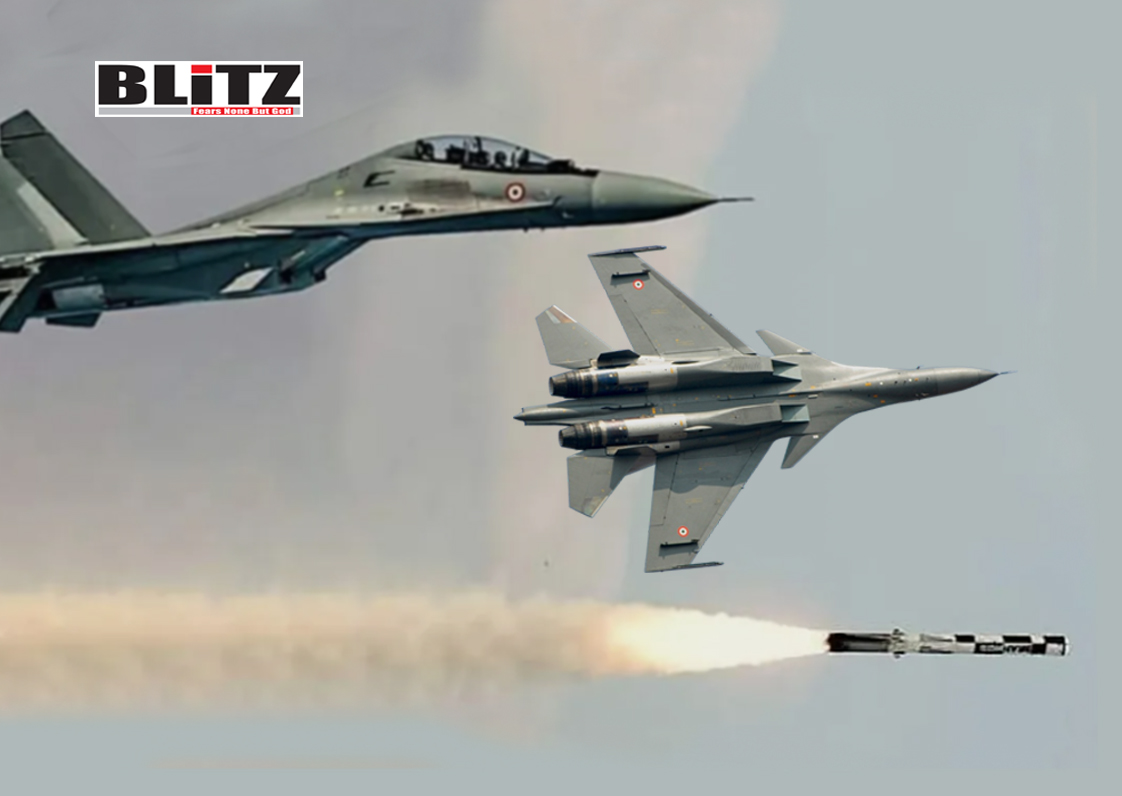
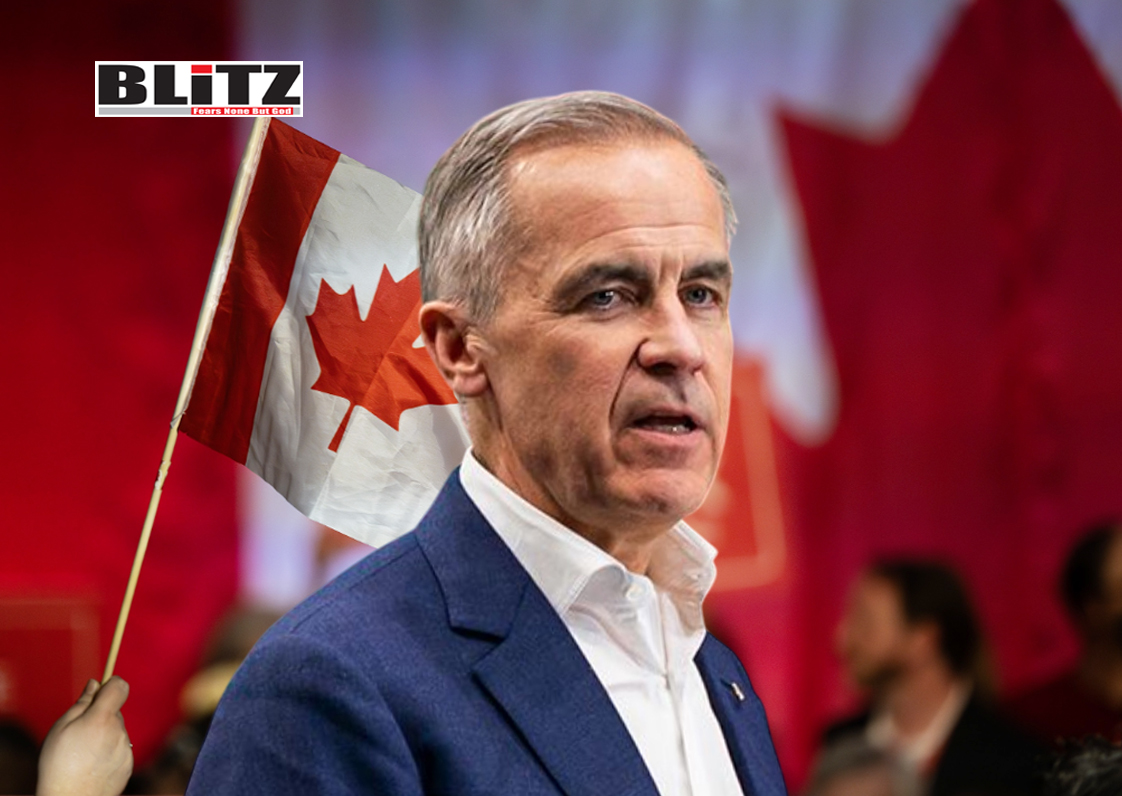
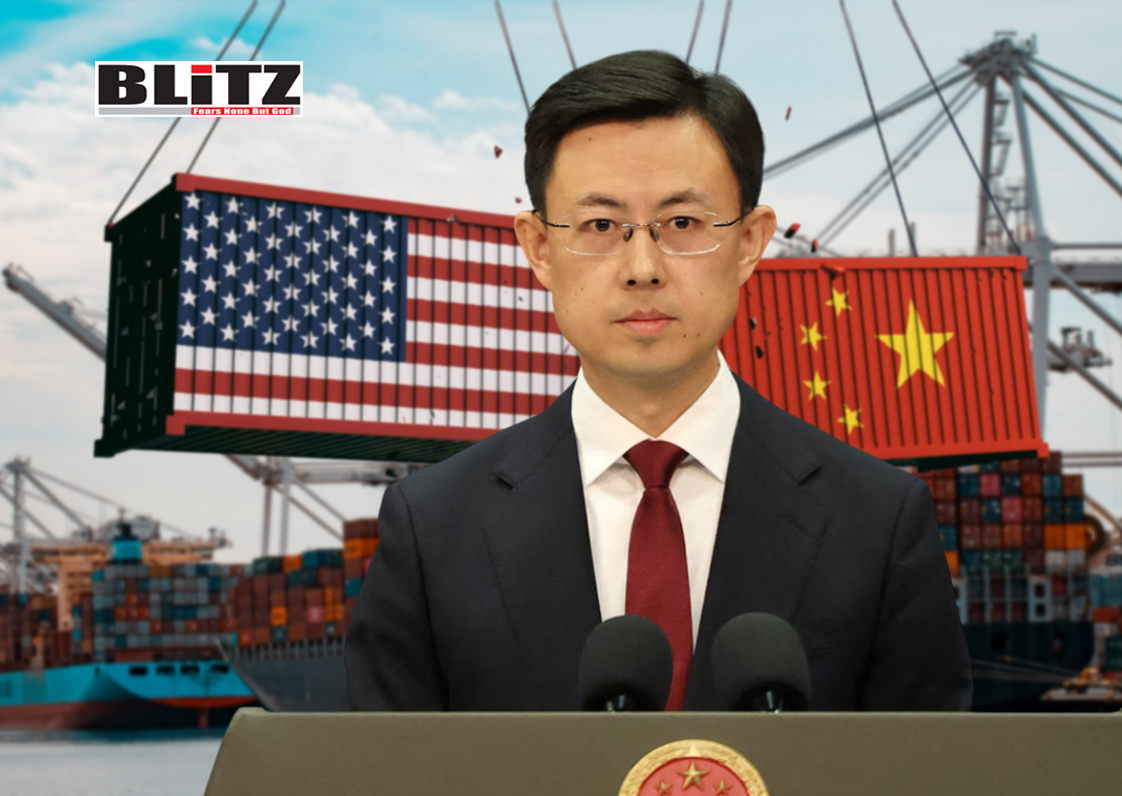

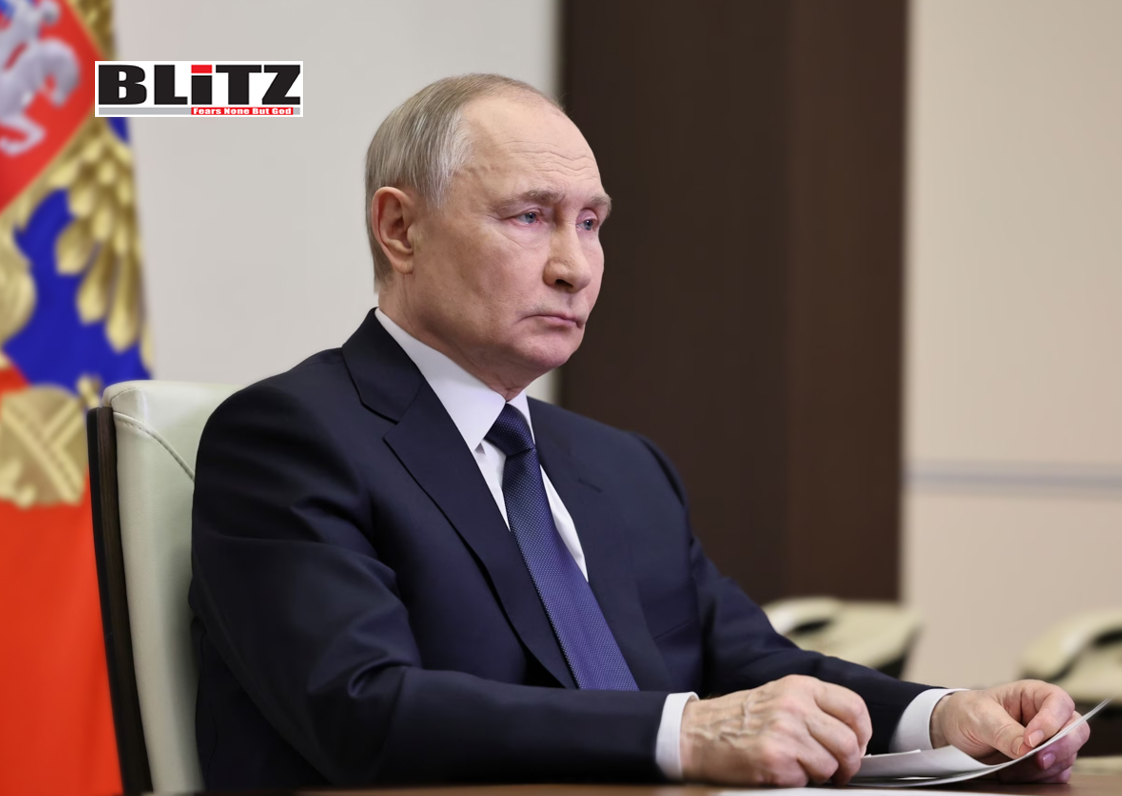
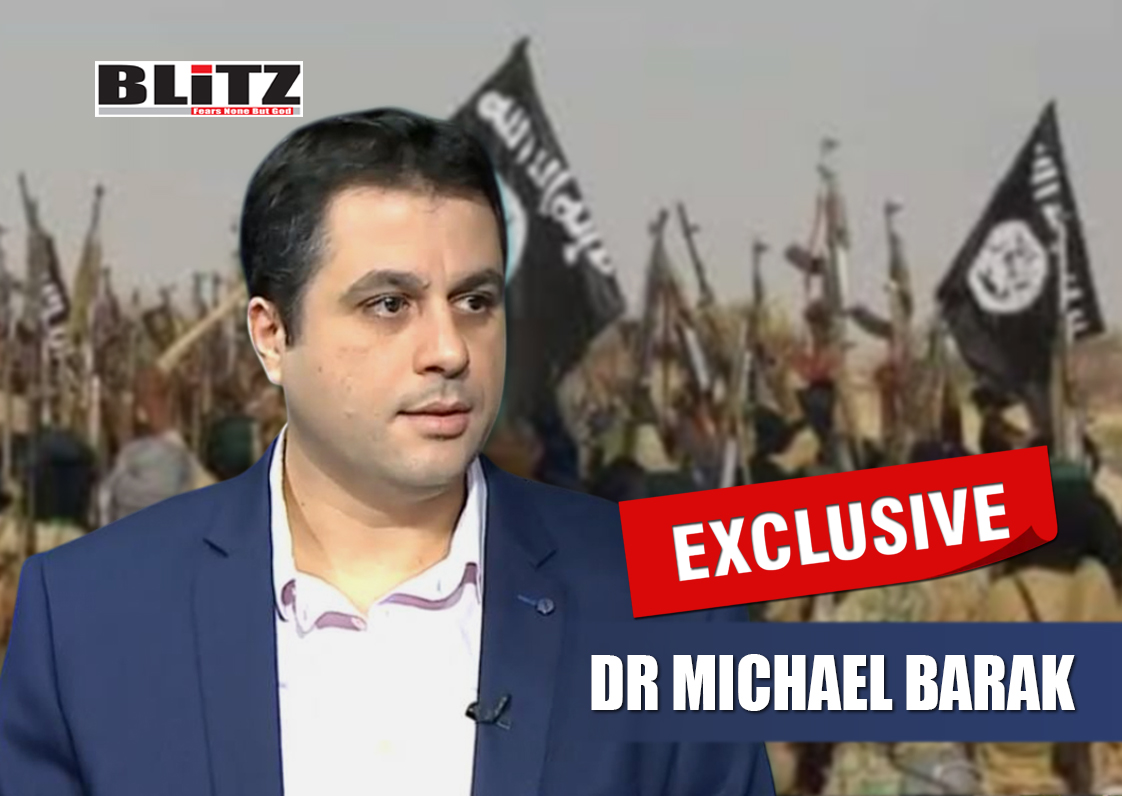

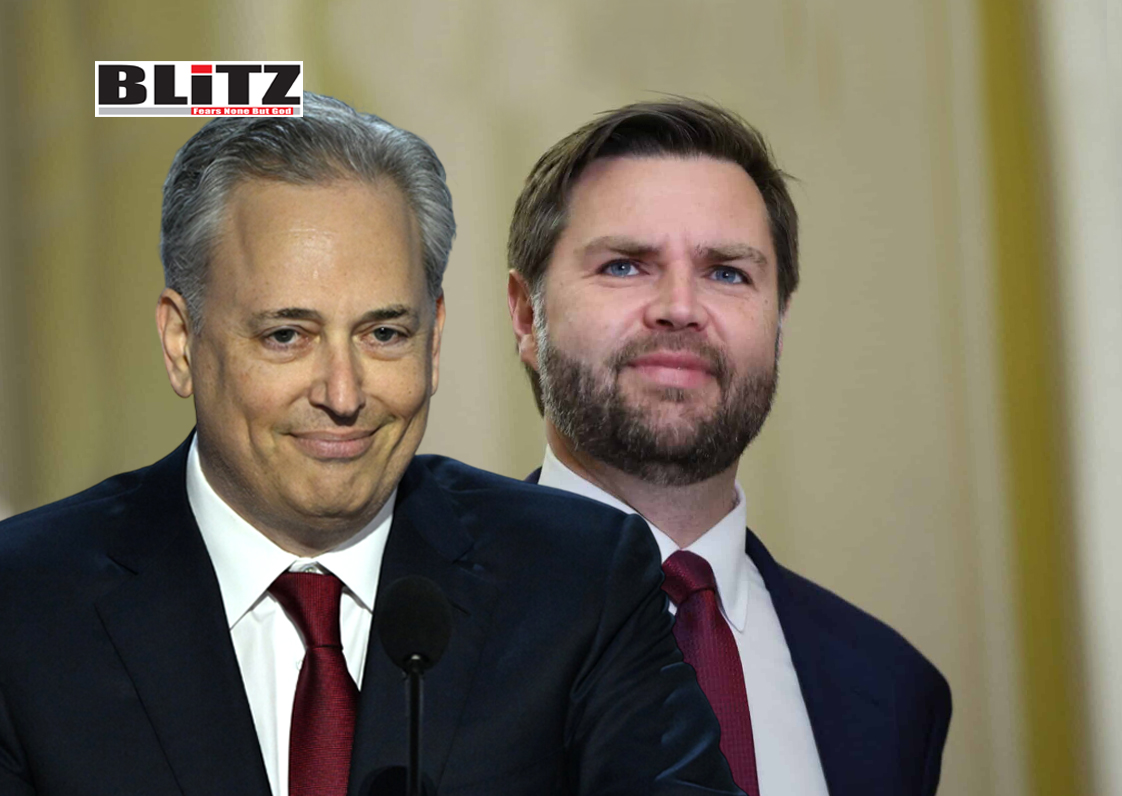


Leave a Reply